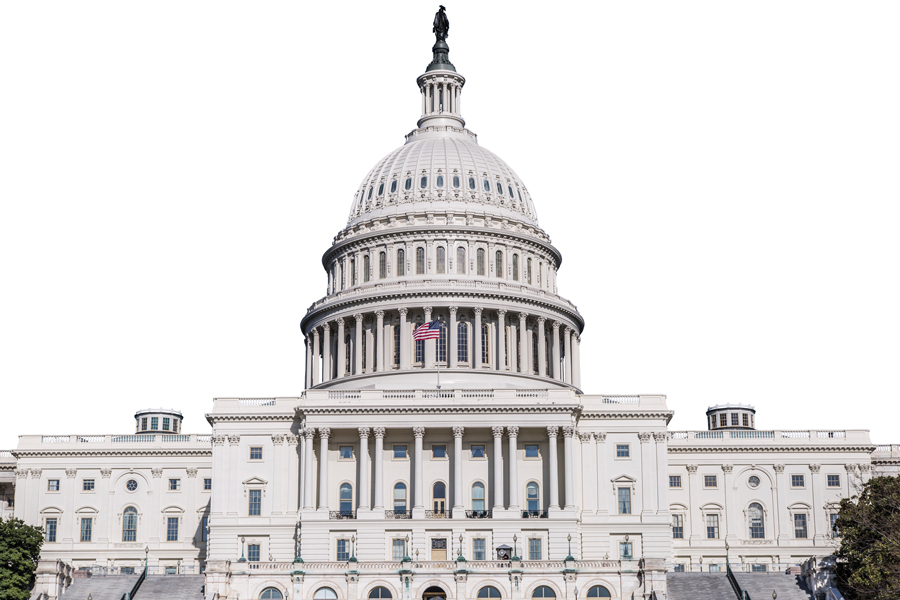Federal legislation poised for consideration by a House committee on Wednesday could reduce regulatory costs for smaller investment advisory firms.
Under
the bill, written by Rep. Gwen Moore, D-Wisc., the Securities and Exchange Commission would have to redefine how it categorizes the size of advisory businesses by looking beyond their assets under management and considering factors such as the number of nonclerical employees.
For the moment, the SEC considers "small" investment advisory firms to be those with less than $25 million in AUM. But those firms aren't even registered with the agency — advisers with less than $100 million in AUM are regulated by the states. Advisers with more than $100 million in AUM are overseen by the SEC.
If Ms. Moore's bill is enacted, the SEC might have to increase the number of advisory firms it deems "small" as it assesses the impact of its regulations. The existing Regulatory Flexibility Act requires agencies to scale regulatory mandates to the size of the businesses they oversee.
"We hope that it would lead to a more careful and deliberate cost-benefit analysis that in time would reduce the regulatory burden on smaller advisory firms," said Neil Simon, vice president for government relations at the Investment Adviser Association.
Analyses conducted by the IAA of the approximately 12,000 SEC-registered investment advisers show that more than 7,000 have fewer than 10 nonclerical employees. Those firms have a hard time dealing with the "torrent" of SEC rules, Mr. Simon said.
"The SEC has shown some sensitivity to scalability," he said. "Nonetheless, the cumulative impact of all these new regulations has a significant adverse impact on smaller firms. They've had to devote more resources to compliance that otherwise could have gone to hiring additional employees."
Ms. Moore's bill could help catalyze the creation of more advisory firms, which have a bigger challenge in dealing with regulations in their early stages, according to one proponent of the bill.
"The legislation will be helpful overall for the industry in terms of encouraging more startups," said Duane Thompson, senior policy analyst for Fi360, a fiduciary education, training and technology firm.
The prospects for Ms. Moore's bill are unclear. If it is approved by the
House Financial Services Committee on Wednesday, it would then head for a vote on the House floor. There is no companion bill yet in the Senate.
"We are hopeful the bill will gain strong bipartisan support," Mr. Simon said.
The IAA promoted the idea behind the measure during its
Adviser Advocacy Day in June, when the organization brought about 70 of its members to Capitol Hill to talk to lawmakers and their aides.
"Increasingly, members of Congress are listening to investment advisers' concerns," Mr. Simon said.







